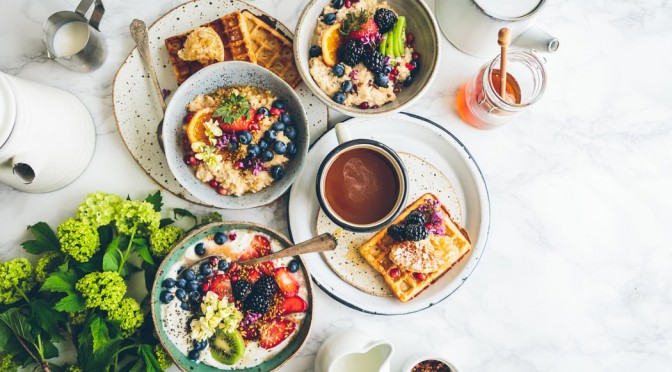What could be worse than a bout of food poisoning on your much-anticipated getaway? Not a whole lot. The risks of catching a dose of salmonella or listeria are generally higher when you’re abroad, particularly in developing countries which may lack the same hygiene regulations as we have here in Ireland. No matter where you jet off to, it’s wise to be extra cautious about where and what you eat. Follow the below advice on how to prevent food poisoning and enjoy a healthy, happy holiday.
Choose restaurants carefully
The internet is your best friend when it comes to dining overseas, it is a particularly useful tool when looking for ways to avoid food poisoning on your travels. It may sometimes be a little difficult to determine whether an establishment is hygienic or not so read reviews from other travellers before you go. Heading to touristy areas is generally a safe bet – here you’re more likely to find eateries that want to maintain a positive reputation and so tend to be cleaner.
Beware of street food
In many destinations, sampling local delicacies on the street is part and parcel of the experience. It’s well worth trying pad thai in Bangkok or a döner kebab in Istanbul but make sure you are careful about which vendors you choose. Street food stalls generally don’t require licenses and are therefore not subject to inspection, they are a riskier option if you are trying to avoid food poisoning. Head to vendors that are popular with locals and tourists alike and have no obvious signs of contamination.
Make sensible food choices
Frolicking about in an exotic location might have you feeling extra adventurous but don’t let this affect your rationale when it comes to food. It’s best to stick to dishes that have been cooked thoroughly and still hot when you purchase. This will mean that contaminants and bacteria have likely been destroyed. One way to prevent food poisoning when travelling is to stick to the mantra when in doubt, leave it out.
Avoid suspicious dishes
It’s generally advised to avoid seafood or raw dairy products when you’re travelling. Fish and shellfish may contain contaminants from local waters and are more prone to undercooking than their meat counterparts. Milk, cheese and yoghurt might have internal bacteria which could lead to nausea, vomiting and diarrhoea. Not very nice!
Drink clean water
Holiday-makers often make the mistake of being lax about what they drink when they’re away. When considering how to prevent food poisoning when travelling, paying attention to the quality of water and other beverages you intake is just as important as doing so with food. Drink bottled or filtered water at all times, and check the seals on bottles to make sure that they haven’t been tampered with. Use purification tablets when you’re unsure about water quality and remember to use bottled water when brushing your teeth.
Maintain good personal hygiene
Food poisoning is not always a result of an unhygienic eatery or undercooked meal – you also have a part to play. Be extra vigilant and clean when you’re on the road, making sure to wash your hands thoroughly before every meal. Using hand sanitizer should kill any nasty viruses or bacteria before you eat. It might be tough but also avoid touching your face or mouth when you’re travelling.
Don’t spend half your trip running to your bathroom – follow our top tips on how to prevent food poisoning on your travels. Stay away from dodgy dishes and questionable water and you’re half the way. Maintain excellent personal hygiene and you’re there! And if you do suffer from food poisoning, fear not! Take care and you should be right as rain again in a few days.
—
To avoid illness overseas, travellers are strongly advised to book an appointment at one of the many TMB clinics and find out about the vaccinations they may require.

